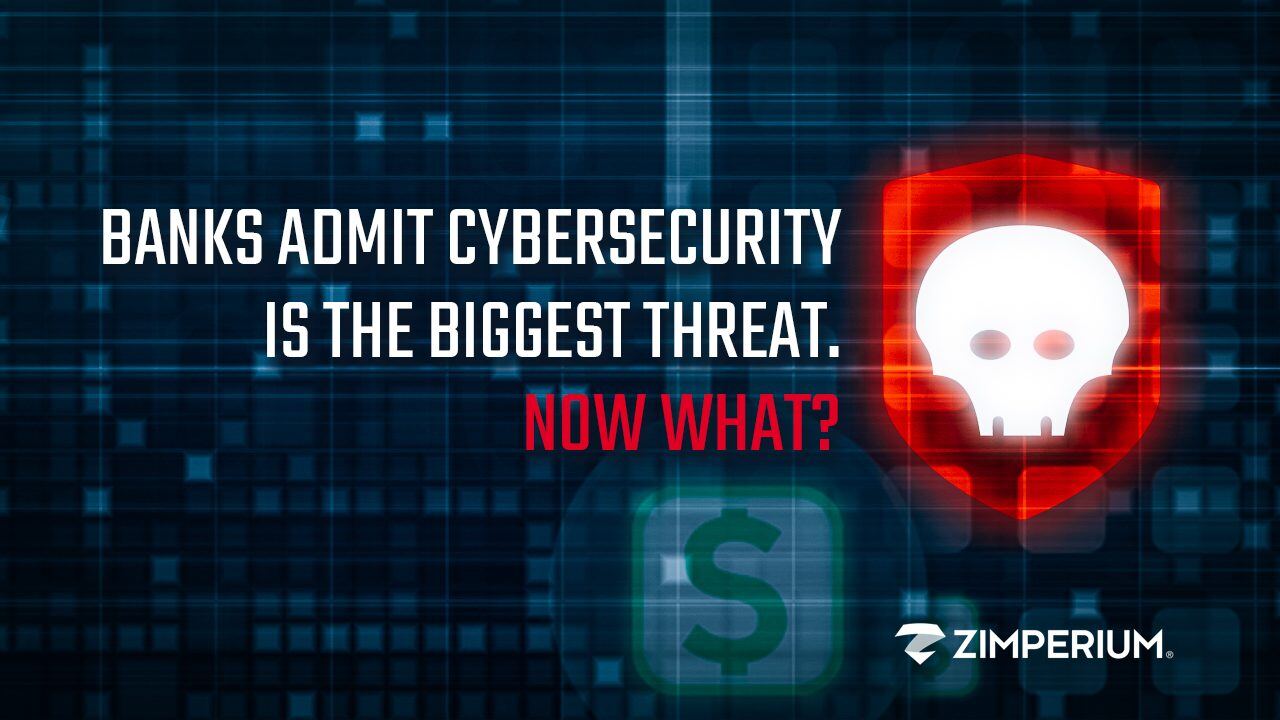In an era where flexibility and efficiency define consumer interactions, the adoption of software-only point of sale (SoftPOS) applications is rapidly transforming the retail industry. SoftPOS, also known as “Tap on Phone”, allows merchants to use their NFC-enabled smartphones or tablets to accept contactless payments directly—no specialized hardware is required. This shift not only democratizes payment processing across businesses of all sizes but also introduces significant convenience for both shoppers and sellers.
The Security Imperative
However, with great convenience comes great responsibility—specifically, the responsibility to ensure the security of every transaction processed. SoftPOS solutions operate alongside numerous other applications on consumer-grade devices, which expose them to new attack vectors and vulnerabilities. It is crucial to ensure security in the following areas:
1. Compliance and Certification: To establish trust and ensure secure operations, all SoftPOS solutions must adhere to stringent security standards. These include PCI security standards and EMVCo certifications, which are crucial for demonstrating the security capabilities of the devices and the applications. SoftPOS systems undergo multiple levels of certification, focusing on everything from the device’s NFC capabilities (EMVCo L1) to the functionality of the contactless kernel (L2) and comprehensive security evaluations (PCI MPoC).
2. Data Integrity and Confidentiality: The integrity of the SoftPOS application and its interaction with the backend systems is essential. It ensures that transaction data is accurately and securely handled, maintaining both confidentiality and integrity to prevent data compromise incidents.
Vulnerabilities in Mobile SoftPOS Applications
Despite the certification requirements of SoftPOS applications, they are not immune to cyber threats. Common vulnerabilities include:
- Memory Scraping: This involves attackers accessing unauthorized data directly from the device’s memory, which might include sensitive payment information.
- Malware Attacks: Malicious software can be designed to infiltrate mobile applications, leading to data breaches or unauthorized transactions.
- Insufficient Encryption: Without comprehensive encryption practices, sensitive data, and key transaction details can be exposed to potential interception or manipulation.
How Zimperium Strengthens Mobile SoftPOS Security
To combat these vulnerabilities, specialized security solutions like those provided by Zimperium’s Mobile Application Protection Suite MAPS, play a crucial role. MAPS offers advanced technologies such as zShield and zKeyBox, which go beyond traditional security measures. These solutions help in:
- Accelerating Certification Processes: Our offerings are geared to be fully compliant with PCI MPoC. By integrating these advanced security solutions, payment providers can navigate the certification landscape more efficiently, ensuring quicker deployment of compliant and secure systems.
- Ensuring Robust Security in Hostile Environments: MAPS technologies are designed to operate effectively even in environments prone to cyber threats, providing a shield against various forms of digital attacks and ensuring the safety of payment data.
A Secure Future for Retail Payments
As retail continues to evolve, the integration of innovative technologies like SoftPOS with enhanced security measures will define the future of in-store payments. By focusing on robust security frameworks, continuous compliance, and cutting-edge protection technologies, retailers can not only provide convenience and efficiency but also maintain the trust and safety of their customers’ transactions. The journey towards secure mobile payments is ongoing, and with the right tools and strategies, the retail sector can navigate this path successfully, ensuring a safe and prosperous digital payment landscape.


